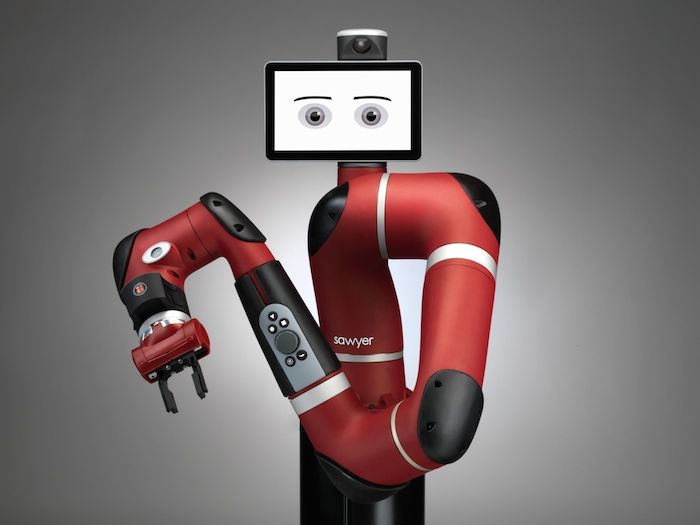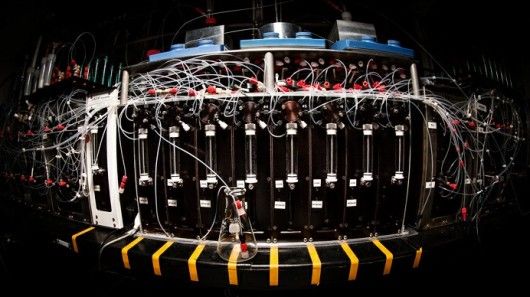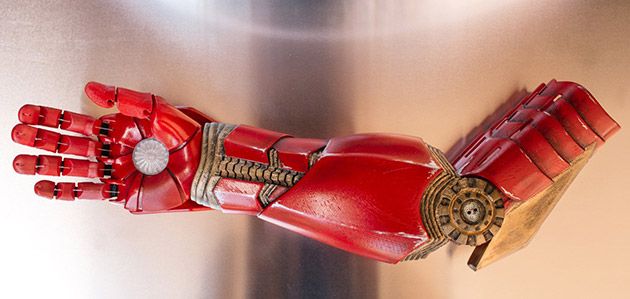Mar 22, 2015
Artificial Intelligence Is Almost Ready for Business
Posted by Seb in category: robotics/AI
by Brad Power — Harvard Business Review

Artificial Intelligence (AI) is an idea that has oscillated through many hype cycles over many years, as scientists and sci-fi visionaries have declared the imminent arrival of thinking machines. But it seems we’re now at an actual tipping point. AI, expert systems, and business intelligence have been with us for decades, but this time the reality almost matches the rhetoric, driven by the exponential growth in technology capabilities (e.g., Moore’s Law), smarter analytics engines, and the surge in data.
Most people know the Big Data story by now: the proliferation of sensors (the “Internet of Things”) is accelerating exponential growth in “structured” data. And now on top of that explosion, we can also analyze “unstructured” data, such as text and video, to pick up information on customer sentiment. Companies have been using analytics to mine insights within this newly available data to drive efficiency and effectiveness. For example, companies can now use analytics to decide which sales representatives should get which leads, what time of day to contact a customer, and whether they should e-mail them, text them, or call them.




 Quoted: “Ethereum’s developers believe their project will lead to the proliferation of programs they call “smart contracts,” in which the terms of an agreement are written in code and enforced by software. These smart contracts could carry out the instructions of a complex algorithm based on data feed—such as a stock ticker. They could facilitate practically any financial transaction, such as holding money in escrow or dispersing micropayments among autonomous machines. They could be used to create a peer-to-peer gambling network, a peer-to-peer stock trading platform, a peer-to-peer social network, a prenuptial agreement, a will, a standard agreement to split a dinner check, or a public registry for keeping track of who owns what land in a city.
Quoted: “Ethereum’s developers believe their project will lead to the proliferation of programs they call “smart contracts,” in which the terms of an agreement are written in code and enforced by software. These smart contracts could carry out the instructions of a complex algorithm based on data feed—such as a stock ticker. They could facilitate practically any financial transaction, such as holding money in escrow or dispersing micropayments among autonomous machines. They could be used to create a peer-to-peer gambling network, a peer-to-peer stock trading platform, a peer-to-peer social network, a prenuptial agreement, a will, a standard agreement to split a dinner check, or a public registry for keeping track of who owns what land in a city.











